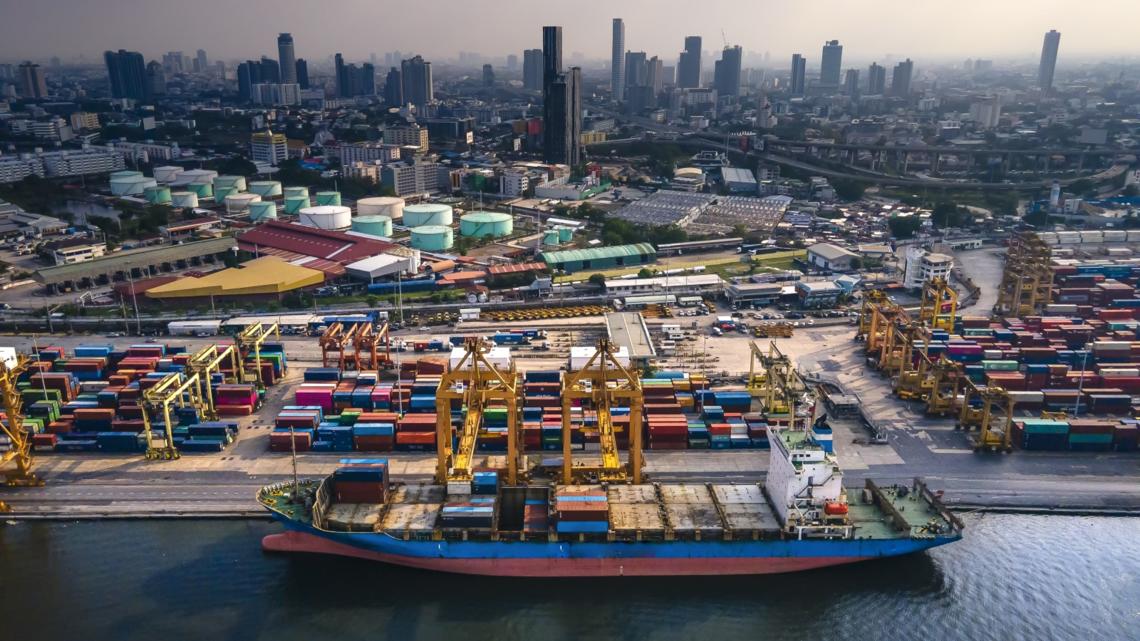To reach net-zero, businesses across the globe must address Scope 3 supply chain emissions. Decarbonization within the supply chain plays a critical role in realizing net-zero ambitions, and businesses are in a unique position to influence supplier behaviors, operations and investments through incentives.
In the third session of the series, the Incentivizing Supply Chain Decarbonization working group hosted by WBCSD in collaboration with PwC considered how to mandate carbon reporting in the supply chain.
This is an area where there is a range of maturity, with many businesses currently encouraging, rather than enforcing suppliers to report on emissions. However, mandatory reporting of Scope 1 and 2 emissions is being adopted at a fast pace globally, and Scope 3 emissions reporting is not far behind. The quality and assurance of data will need to be the same as is currently required for financial performance information. There has been a proliferation of standard-setting bodies, but today we are seeing attempts to consolidate, with some of the leading sustainability standard setters using the same frameworks.
Take a look at this issue for more information on the current context, how to get to grips with carbon reporting, where to start, and what some of the carbon reporting requirements are.
For context, the Incentivizing Supply Chain Decarbonization working group considers different decarbonization levers that can be applied to supply chains. These levers range from non-financial to financial, penalty to reward based, and can be grouped into four areas:
- Leveraging procurement
- Building capability
- Rewarding progress
- Enforcing performance
Contacts:
- Hannah Loake (hannah.loake@wbcsd.org), Climate Action Senior Manager, WBCSD
- Barry Middleton (barry.p.middleton@pwc.com), Operations Transformation Partner, PwC
- Dan Dowling (daniel.s.dowling@pwc.com), Sustainability Partner, PwC
- Patrick Marter (patrick.marter@pwc.com), Procurement Partner, PwC


